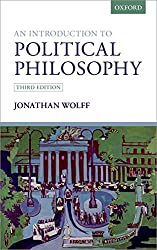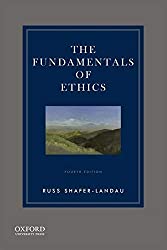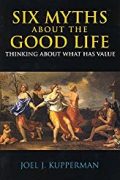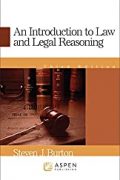
Rating: 8.1/10.
Political philosophy asks questions about the purpose of government and how power should be distributed in a society. To better understand the role of a state, the first chapter considers what would happen in a “state of nature” where there is no government. Hobbes thought without laws, everyone would be at war constantly. Locke thought people have an internal sense of morality, but there needs to be a mechanism to enforce violations. Rousseau thought people are averse to suffering of others, but scarcity will drive people to conflict. They all agreed that a “state of nature” is probably unsustainable.
Chapter 2 discusses why we should follow laws. Tacit consent says everyone living in a state implicitly consents to its laws; utilitarianism says laws make everyone better off compared to a state of nature. Both arguments however run into problems when justifying why people that disagree with laws should still follow them, and we are not prepared to let them escape the obligation to follow laws entirely.
Chapter 3 talks about who should hold power. Plato thought experts should rule and democracy is bad because the uneducated mobs will make poor decisions, but Condorcet thought a large group of people will usually be right. A problem of democracy is whether people will vote for the overall most beneficial laws, or the laws that benefit themselves the most, the latter causes tyranny of the majority. Rousseau imagines a classless society so there is no difference between self-interest and societal interest, but this denies people the freedom to deviate from the general will. Mill argues for representative democracy instead of direct democracy, and also there is a symbolic meaning to voting beyond a decision making mechanism.
Chapter 4 talks about the value of liberty versus material wealth. Mill argues that liberty is intrinsically valuable as long as it doesn’t infringe on the liberty of others, and alternative views are also beneficial and should be allowed to exist. However, it is difficult to define what actions infringe on others, such as public acts that some people consider to be offensive.
Chapter 5 asks how should property and wealth be distributed. Locke thought people deserved to own property that they extracted from nature through hard work, but this is unfair to later generations when all land has been taken. Rawls imagines a hypothetical contract where we don’t know our position in society but must choose the wealth distribution, and argues it’s most rational to maximize the well-being of the poorest (maximin). However, Nozick points out that enforcing any wealth distribution comes at the expense of liberty.
The sixth and final chapter covers a range of social justice issues that are commonly debated today, including gender, racial affirmative action, immigration, and climate change, but I thought this chapter was weak as it tries to cover too much in a few pages. Overall, these philosophical questions will not be resolvable, but makes the reader think about how to justify assumptions that are frequently assumed but rarely talked about.



